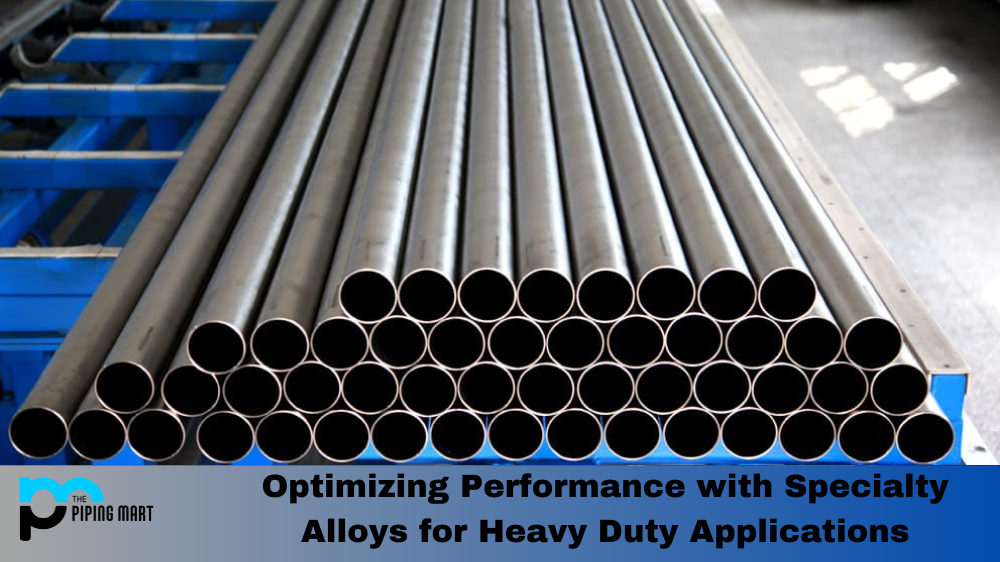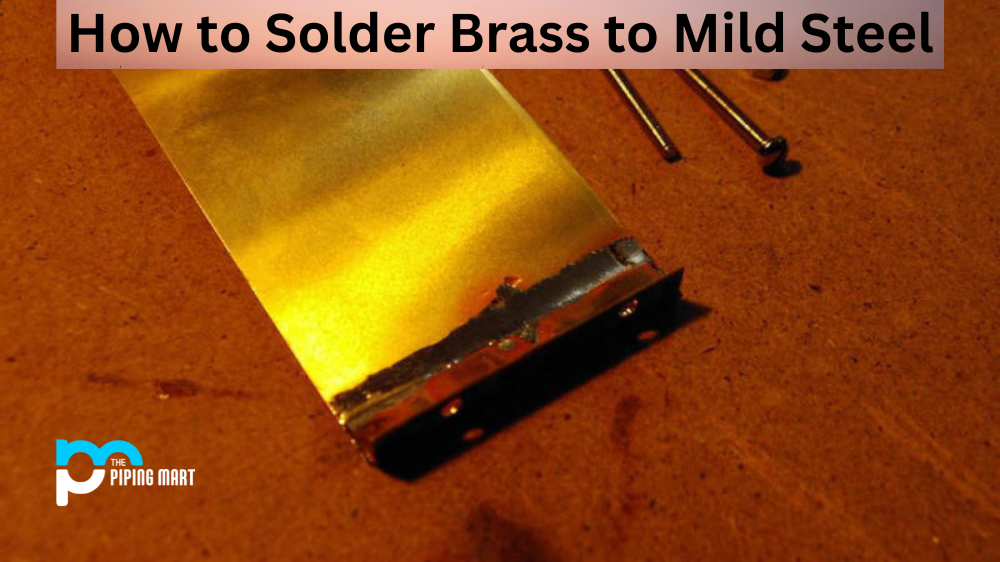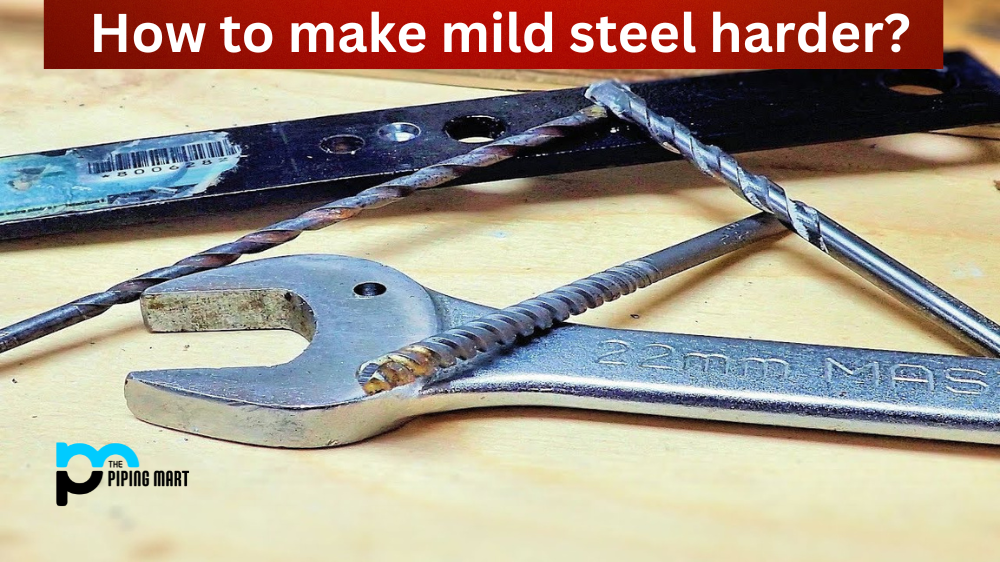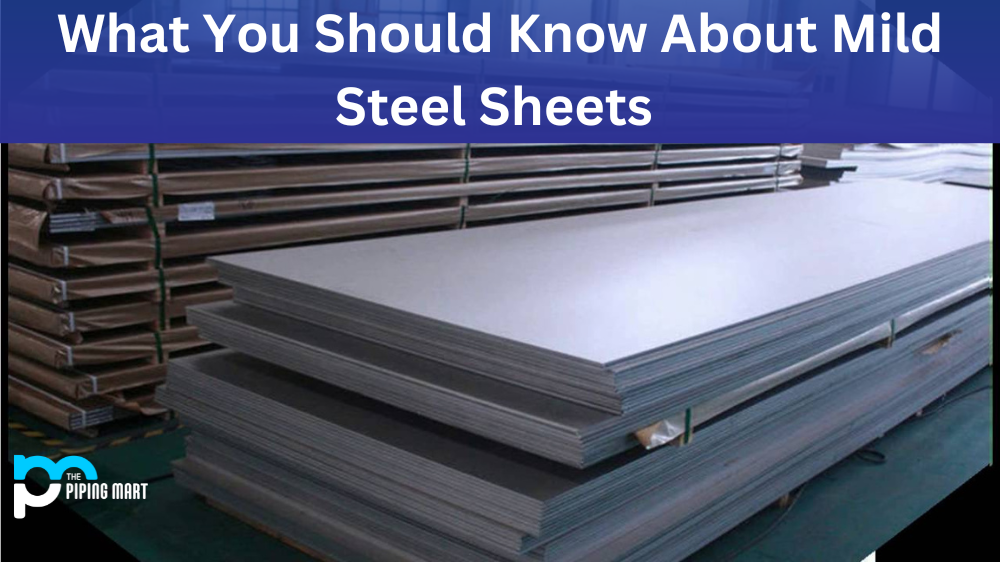Many heavy-duty applications rely on metals and alloys to ensure a reliable performance. The best alloys for these applications should be highly resistant to corrosion and wear and durable enough to withstand extreme temperatures. One such alloy is specialty alloys, which are specifically designed for high performance in demanding applications. Let’s explore the benefits that specialty alloys offer in heavy duty applications.
Strength and Durability of Specialty Alloys
The most important benefit of specialty alloys is their strength and durability. These alloys are designed to withstand extreme temperatures, high pressures, and harsh environments while still providing superior performance. They also have excellent corrosion resistance, making them ideal for use in corrosive environments such as marine applications or chemical processing plants. Additionally, these alloys are often used in aerospace components due to their ability to maintain strength under extreme conditions.
Lightweight Design with Specialty Alloys
Another benefit of using specialty alloys for heavy-duty applications is their lighter weight design. These alloys are much stronger than conventional steel yet lighter in weight, meaning they can be used in smaller parts without sacrificing strength or durability. By using lightweight components made from specialty alloys, manufacturers can reduce the overall weight of the finished product without compromising its strength or reliability. This makes it possible for designers to create more efficient designs that require less energy during operation but still provide a reliable performance over time.
Efficiency Improvements with Specialty Alloys
Finally, specialty alloys can also help improve efficiency in many types of systems by reducing friction between moving components. This reduced friction helps reduce wear on the components over time, resulting in improved efficiency and longer operating life spans. In addition, because these materials are highly resistant to corrosion and wear, they can help extend the life span of components even further by offering superior protection against damage caused by exposure to harsh environments or chemicals over time.
Conclusion:
Specialty alloys offer many advantages when used in heavy-duty applications due to their superior strength, light weight design, and improved efficiency over traditional materials like steel or aluminum. They are designed specifically for demanding applications where conventional materials cannot stand up to their demands without suffering from premature failure due to wear or corrosion over time. If you’re looking for a material that will provide superior performance in your next high-performance application, then consider using specialty alloys for improved reliability over time!

Pipingmart is a B2B portal that specializes in metal, industrial and piping items. Additionally, we share the latest information and information about materials, products and various types of grades to assist businesses that are involved in this business.




